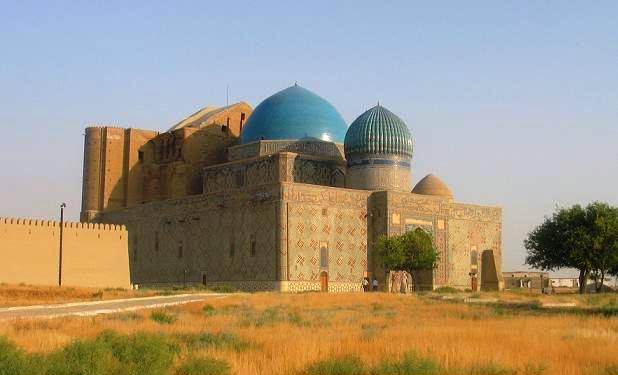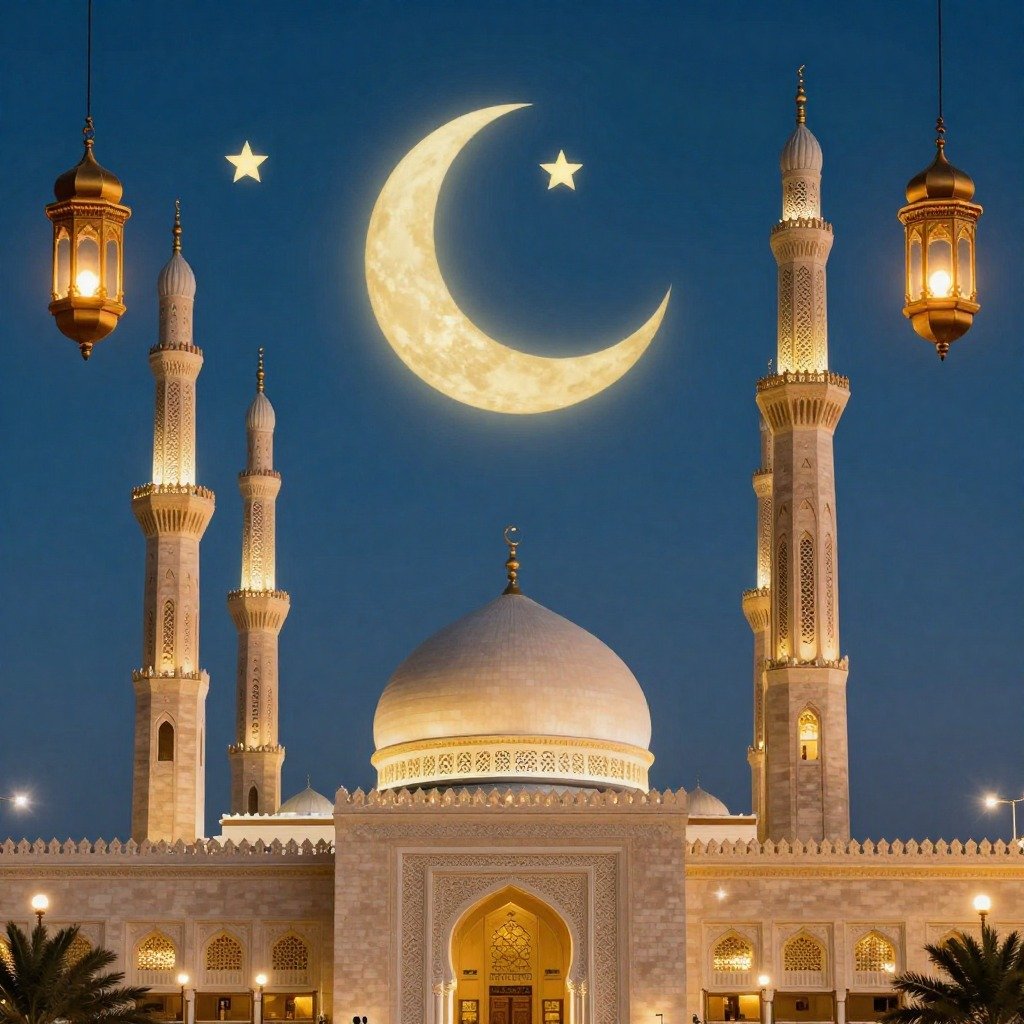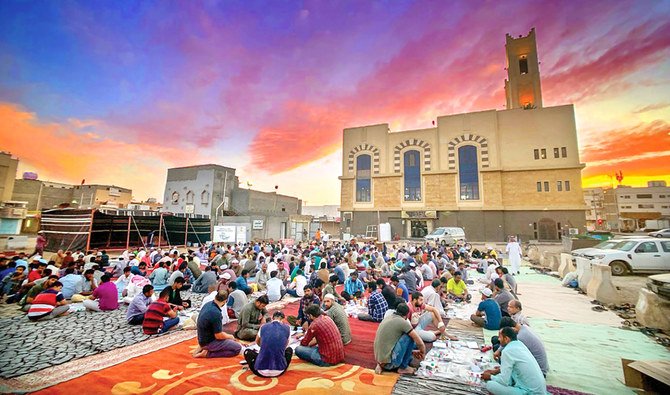Ahmad Yasawi, a renowned Sufi scholar from Central Asia, is widely recognized as the founder of the Yasawiya Sufi Order among Turkic nations. He is also credited with pioneering Sufi poetry in Turkic world literature. This study delves into some excerpts from Yasawi’s poem collection, “Hikmats,” which is famously known as “Diwan-i Hikmat” (Compendium of Wisdom) among Turkic peoples. The “Hikmats” serve as an encyclopedic work discussing the fundamentals of Islamic teachings, clarifying the rules of Islamic Jurisprudence (Sharia), and illuminating the secrets of Sufism and its etiquette. The collection emphasizes the idea of divine love, the didactic content, and the spiritual aspects of a person.
The “Hikmats” involves studying and interpreting the language, ancient Turkish poetic culture, ethnography, themes, and terms of Sufi poetry. Various tools and sources are employed to achieve a comprehensive understanding of the texts. Qualitative methods and observation are used in the text analysis. My article examines how Yasawi’s “Hikmats” glorify human virtues and condemn vices such as impurity, ignorance, and worldliness.
Abdurauf Fitrat, a notable figure in Uzbek literature of the 20th century, praised Yasawi’s literary path as aligned with that of great folk poets. Abdurahman Saadi described Yasawi as a genius of the old Turkic world poets, highlighting his sensitivity and natural poetic inspiration. Yasawi’s poetry, imbued with spiritual love, is likened to a poetic fire burning with divine passion.
Ibrahim Haqqul, another Uzbek literary scholar, noted the special lyrical quality in “Hikmats,” comparing it with the works of Sufi poets like Abdul-Majd Sanai, Fariduddin Attar, and Jalaluddin Rumi, who elevated Persian-Tajik Sufi poetry. Yasawi initiated the tradition of writing “Hikmat,” which translates to a compendium of wisdom. The primary virtue of Yasawi’s poems lies in their ability to inspire belief in the power of Unity and to purify the heart with the joy of divine Unity.
Readers of Yasawi’s “Compendium of Wisdom” are encouraged to adopt good morals, good deeds, and noble dreams. The poems gradually lead readers away from the transient claims of mortal life and towards the essence of being a true human. Yasawi’s ultimate goal was to achieve “ma’rifa” (interior knowledge), which is why he named his poems “Hikmats.”
Despite not compiling the “Diwan-i Hikmat” himself, Yasawi’s followers and spiritual novices organized this masterwork. The collection elucidates the secrets of Islam, enlightenment, and truth, expressing themes of divine love, infatuation, and the transition from death to life in a sincere and touching manner. Yasawi is revered not only as a Sufi scholar but also as a promoter of Sharia rules (Islamic law). His “Compendiums of Wisdom” aimed to guide Turkic nations towards pure Islamic teachings.
Ahmad Yasawi’s influence extended beyond Central Asia to all Turkic lands. He founded the Yasawiya Sufi Order and significantly contributed to Islamic enlightenment. His poems, known for their simplicity and memorability, continue to play a vital role in the spiritual and educational growth of Turkic people. Abdurauf Fitrat highlighted the poetic standards of Yasawi’s “Hikmats,” emphasizing their harmony with folk literature. The “Hikmats” blend religious-mystical spirit with folk oral creativity, making them an essential monument of Turkic mystical literature.
Literary critic I. Sultan identified four primary goals in Yasawi’s literary heritage: inviting people to know and be close to God, condemning sinfulness and injustice, protecting victims of injustice, and encouraging solitude to avoid the world’s evils. Yasawi’s teachings do not deviate from these goals.
In “Hikmats,” Yasawi glorifies human virtues such as the thirst for knowledge, intelligence, humility, tolerance, spiritual purity, spiritual beauty, enthusiasm, and generosity. He condemns human corruption, including ignorance, parsimony, and deceit. Yasawi praises knowledgeable individuals with great piety and warns hypocrites and stingy people about God’s punishment in both this life and the hereafter.
Ahmad Yasawi’s “Compendium of Wisdom” remains a timeless treasure, offering profound insights into Sufi teachings and Islamic principles. His work continues to inspire and educate, fostering spiritual growth and moral integrity among the Turkic peoples.

Mr. Muhammad Ali Pasha is an analyst and expert on Central Asia, South East Asia, China, Türkiye and Middle East having experience in the field of article writing in various renowned journals and newspapers across the globe. Furthermore, he is a writer and poet.
Owner and Patron-In-Chief of “The Gulf Observer”, Chairman “The Gulf Observer Research Forum”, Foreign Affairs Expert, Analyst, Writer and Poet.














